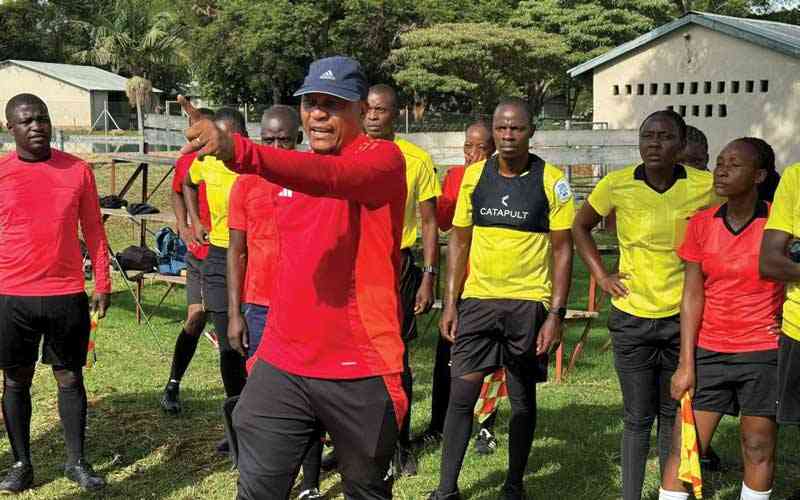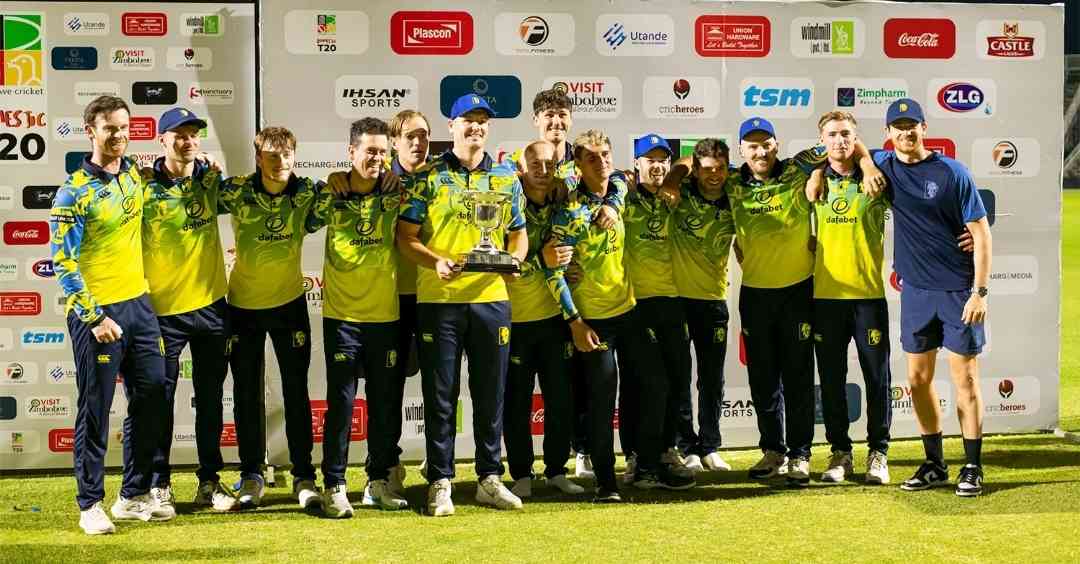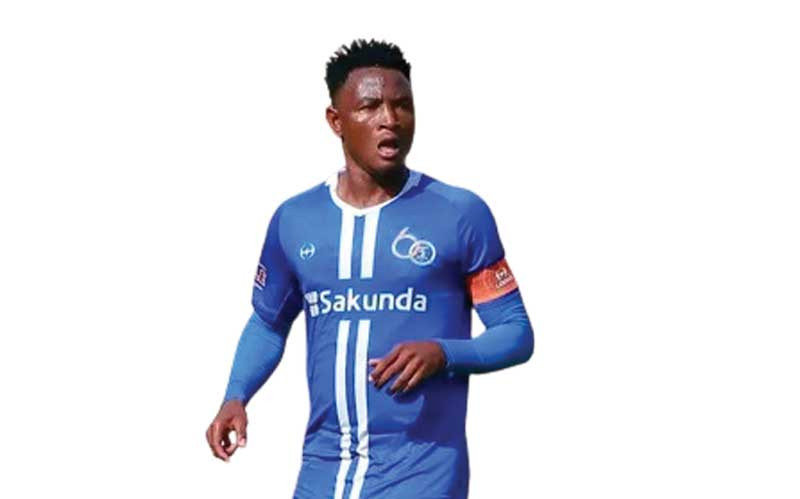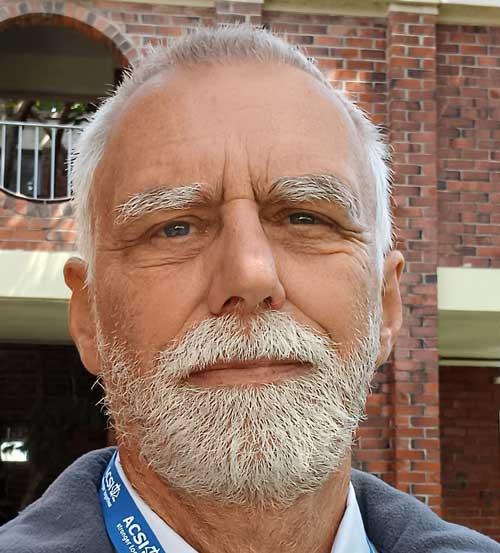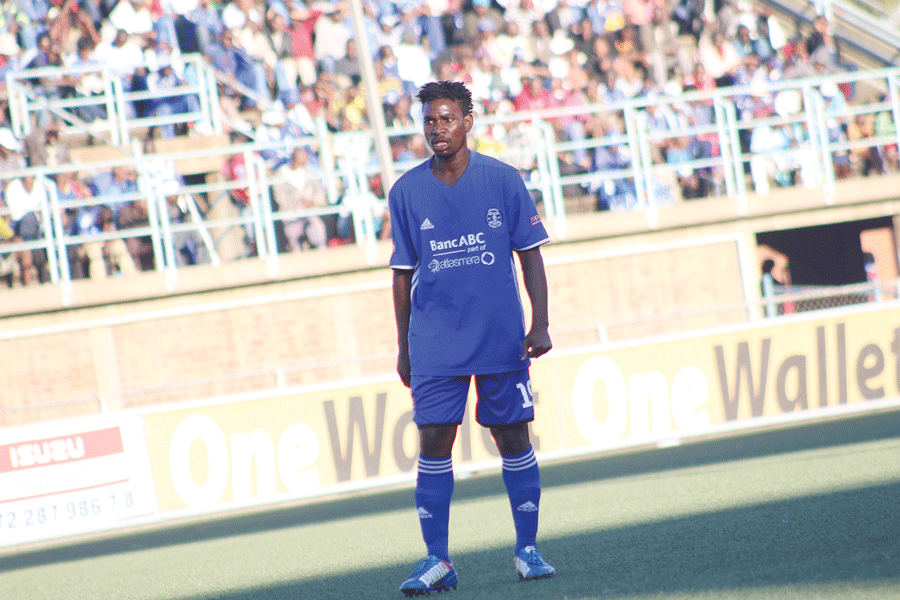
BY ADMIRE JAMU-MLAMBO
FOURTEEN years have passed since a virtually unknown young striker called Evans Gwekwerere made a storming entrance onto the domestic football scene and set tongues wagging with his goal-scoring prowess.
Barely 10 games into his stint at Dynamos, the club’s fans had already composed a song for him entitled, Gwekwerere Bhora! which would become the team’s soundtrack wherever the Harare giants played around the country.
By mid-season of that year, Gwekwerere, who was now affectionately known as “Earthquake”, had earned himself a lucrative move to South African Premiership side Moroka Swallows amid expectations that he was the real deal.
Gwekwerere’s career, however, never lived up to the early promise as he struggled to meet expectations in South Africa, with some blaming his love for social attractions, which saw him dominate the headlines for all the wrong reasons, for destroying his focus and, ultimately, his ability to score goals.
But sadly Gwekwerere feels he could have made a bigger impact in South African football had he been given more support by his compatriot Ian Gorowa during his time at Moroka Swallows.
The forward had signed a two-year contract with an optional one-year extension with The Birds in 2006 under the then coach Gavin Hunt, who snatched him from Dynamos.
“I should honestly state that my first two years at Moroka Swallows were a marvel under Gavin Hunt. At The Birds, it was Hunt who nicknamed me ‘Wonder Boy’ because I could simply change the complexion of the game any time. I still cherish the good moments I had with Hunt as he would regularly visit my apartment to check if I was living well time and again,” Gwekwerere told The Sports Hub in an interview last week.
- Chamisa under fire over US$120K donation
- Mavhunga puts DeMbare into Chibuku quarterfinals
- Pension funds bet on Cabora Bassa oilfields
- Councils defy govt fire tender directive
Keep Reading
“I played 47 games and because of my high work rate on the field of play I was picked four times in a row for doping tests as they suspected my performance was drug-related but they all came out negative,” he said.
And enter Gorowa, everything changed for the then young striker trying to make it big in a foreign country.
“The situation changed in 2008 when Hunt left The Birds and in came Ian Gorowa, who I actually revered as a brother or father who could guide me as a fellow countrymen. I received the shock of my life when Gorowa told me that I was not in his plans because he had brought in five new players,” Gwekwerere revealed.
“I must say Gorowa never liked me. I even went to the extent of pleading with him to accept me, still he refused, but I was encouraged by Edzai Kasinauyo (late) to soldier on. Luckily, as a player who was highly-regarded, the club chief executive officer Leone Prince had to intervene and pressure Gorowa to accept me after a long meeting,” he said.
“At one time Goodman Mazibuko, then captain, questioned Gorowa why I wasn’t in the line-up as time and again I would score crucial goals,” he said.
Soon after the expiry of his contract in 2009, Gwekwerere signed for FC Azziz Kara in the then Mvela League (now South African National First Division) where he shared the dressing room with Charles Yohane and Stewart Murisa.
“I only lasted for four months after the club failed to pay our salaries and I went on to sign for Jomo Cosmos,” Gwekwerere said.
After his stint with Cosmos in 2009, Gwekwerere’s career took a nomadic turn.
He had stints with Dynamos and CAPS United before going on to feature for clubs in Botswana (Township Rollers FC 3) and Mozambique (GDR Textáfrica and Ferroviário de Maputo). He returned home to play for Dynamos in 2016 after, which he decided to call it quits.
However, despite failing to live up to the early hype, the former DeMbare striker remains grateful that he was able to use his football talent to navigate himself from poverty to a better life for him and his family.
After playing for several clubs locally, in South Africa, Botswana and Mozambique, he retired from professional football four years ago at the age of 31 after his fourth stint at Dynamos to focus on his business.
The former Dynamos player, who usually posts pictures of his lavish lifestyle on social media, said he managed to invest wisely during his career.
“I decided to retire from football early because I wanted to focus on my businesses. Football is very much an interesting profession, but a short career. You can become an overnight celebrity who could also turn out to be a laughing stock if life is not planned properly. In my case I am happy because it changed my life,” Gwekwerere said.
“As a person who has been very cautious with life, I bought many properties including two houses in the low-density suburbs of Harare which I will not mention. I managed to buy three vehicles, an Audi A4, Nissan Primera and a D4D Toyota Hilux, which was involved in an accident in January. I also own a night club, sports bar and a clothing shop in the city,” he said.
Although he did not reach the heights many expected him to scale, Gwekwerere says he is proud of what he achieved during his football career.
“In my football career I definitely think I did very well by winning the Cosafa Cup in 2010. The highlight was playing for the national team with 11 caps as well as scoring four goals, winning the league twice and being a top goalscorer in Mozambique. I also was Moroka Swallows’ top goalscorer under the guidance of Hunt.”
Gwekwerere, who was born on April 27, 1985 in Makonde, is married with five children. He went to George Stark School in Mbare, Harare, which set the platform for his football career.

